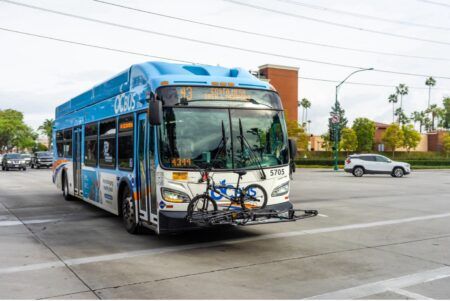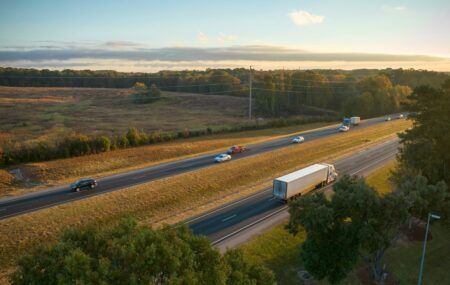As part of its long-term goal of creating an environmentally-friendly and sustainable national transport system, the Dutch Ministry of Infrastructure and Environment has pledged to ensure that all new buses in the Netherlands will be zero-emission vehicles from 2025.
The State Secretary for Infrastructure and Environment, Sharon Dijksma, has signed an agreement with representatives of all of the Netherlands’ 12 provinces that stipulates that all public transport buses coming into service from January 2025 will run on electricity or hydrogen fuel cells. A requirement of the agreement is that all electricity used to power the new vehicles must be generated by renewable sources, such as solar panels or wind turbines. In recent years, several regions have piloted the use of hydrogen fuel cell-powered vehicles, which are included in the agreement, as the hydrogen is converted to electricity, with clean water vapor as the only emission. The provinces of North Brabant and Limburg have laid the foundations for the new agreement, as several bus companies from these two regions are already using fully electric vehicles.
The Dutch companies VDL and Ebusco are already major producers of electric buses and sell them both at home and abroad. The Chinese company BYD, also a major manufacturer of electric buses, has recently opened a branch in the Netherlands. The company has supplied a fleet of 35 electric buses that are currently carrying passengers between terminals and aircraft at Amsterdam’s Schiphol airport. In May 2015, Amsterdam announced plans to become the first city in the Netherlands to operate a fully-electric bus transport system by 2025. The city’s bus fleet, which currently runs on diesel fuel, will be gradually replaced with electric vehicles, and the first batch of 40 electric buses will arrive on the city’s streets in 2017. The city authorities have already reached an agreement with Amsterdam’s transit operator, GVB, that its entire fleet of 200 buses will be replaced by zero-emission vehicles by 2025. Other Dutch cities and regional governments have also been looking into electrifying their public transport. The province of North Brabant has introduced battery-powered buses in some areas and pilot projects are underway in Maastricht and Utrecht. The six buses that operate in the Schiermonnikoog national park in the province of Friesland have been electrified since 2013.
Speaking at the signing ceremony, Dijksma said, “North Brabant and Limburg already show that zero-emission buses are now a smart investment for both our environment and the economy. We get cleaner cities and also reduce greenhouse gas emissions that are bad for the climate. It also gives a boost to the position we want to take in the Netherlands for the sustainability of our urban and regional transport. Dutch companies that develop technologies and produce buses will also benefit from this approach.”
Pex Langenberg, chairman of the transport authority for the Rotterdam – The Hague Metropolitan Area, commented, “In our regions, air quality is still below par in some places. Driving with zero emissions from our bus traffic contributes to the solution. We will work closely together with carriers and will share the results of pilot projects, in order to make the transition to zero-emission buses a success.”




